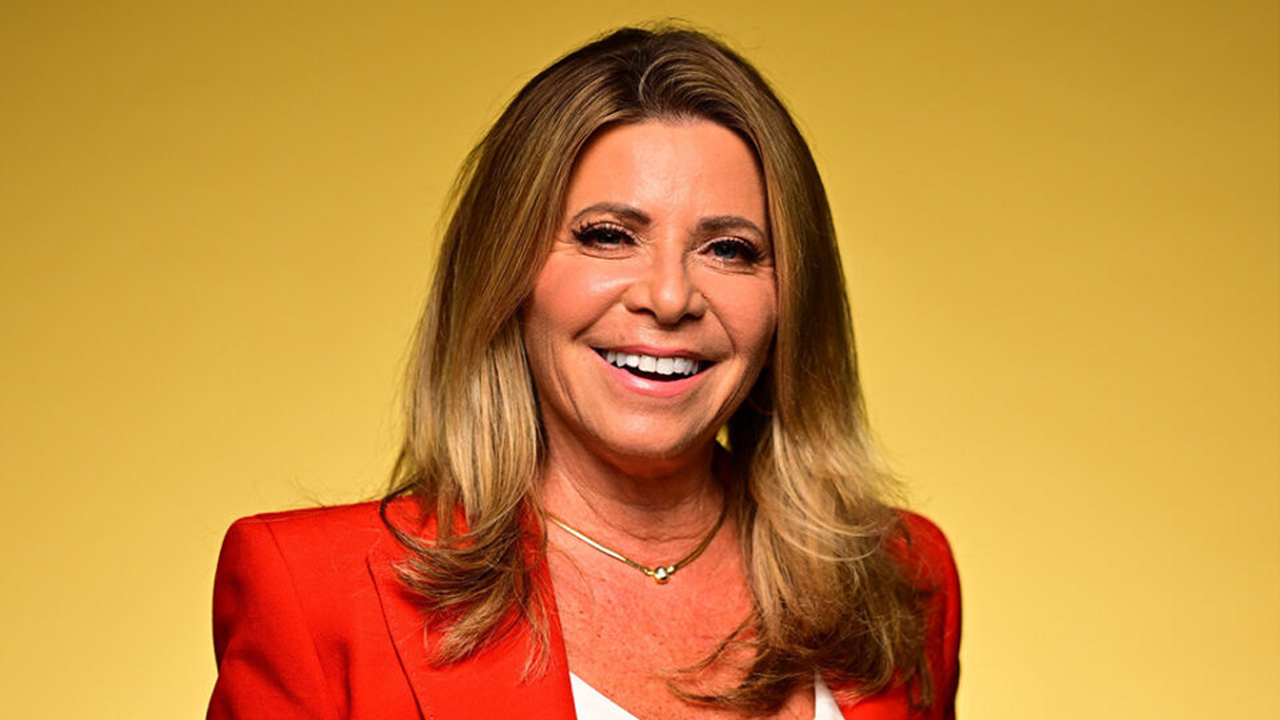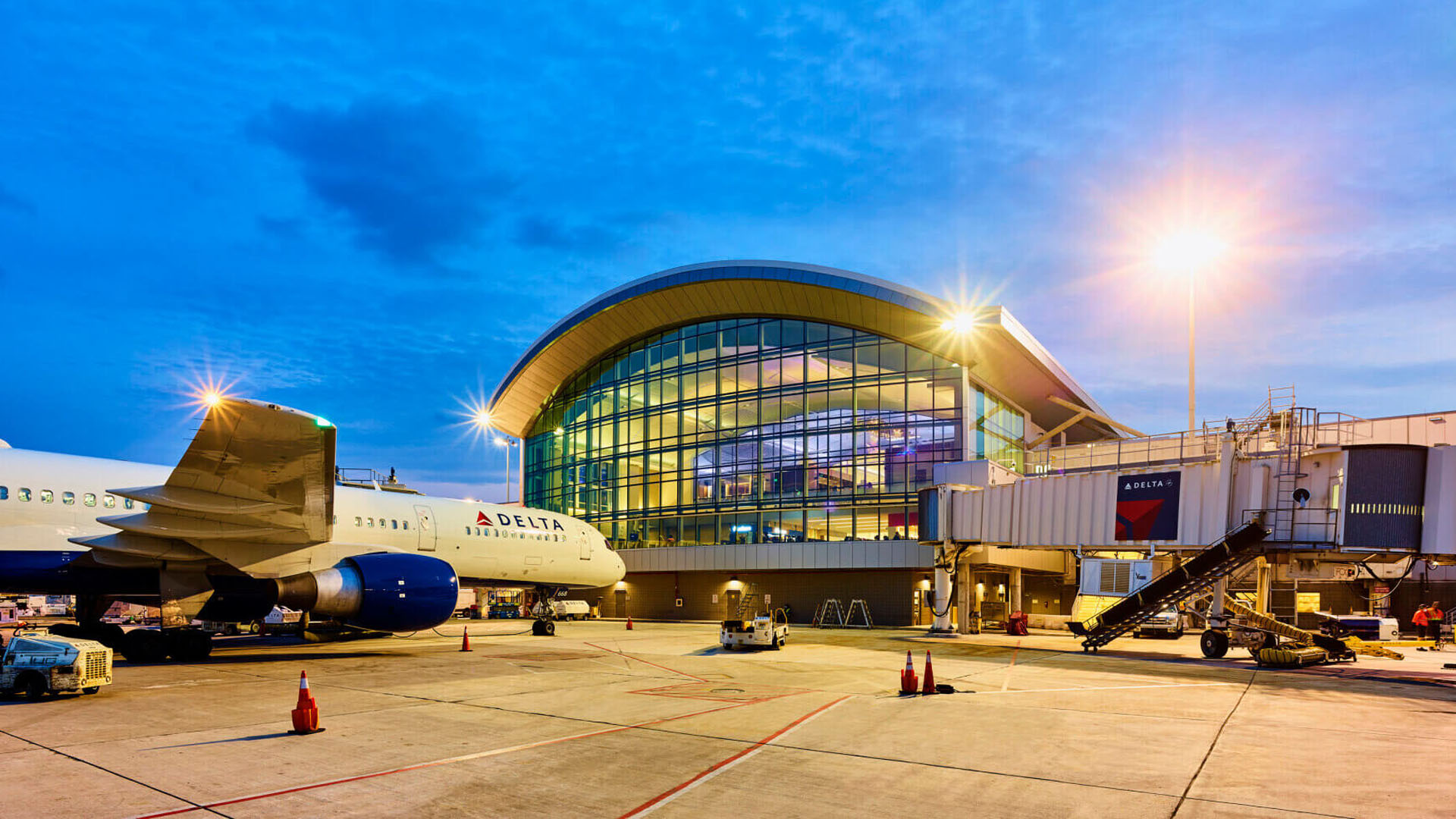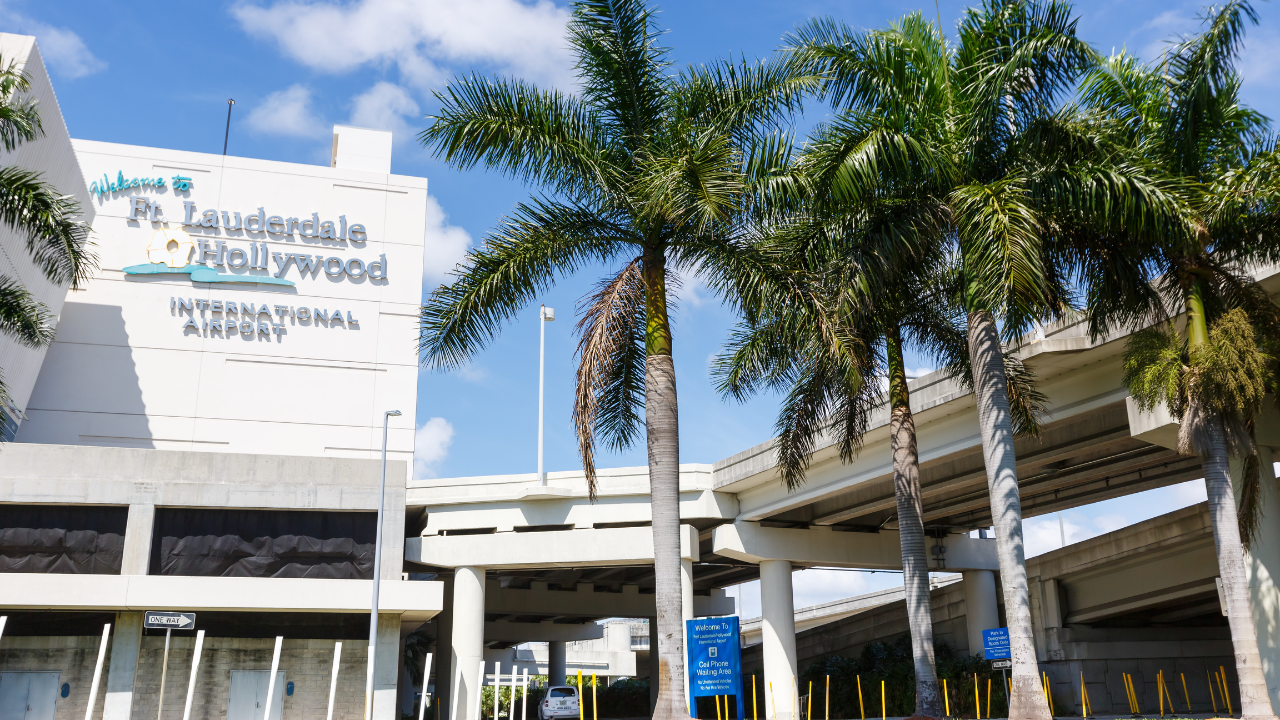Few people are more steeped in the culture of Broward County than Stacy Ritter. She has spent decades in local government—as a state representative (District 96), as Broward County mayor, then as Broward County commissioner. These days, Ritter is all about promoting the physical beauty, entertainment offerings and rich diversity of Fort Lauderdale, making sure that the destination’s values of inclusion and hospitality remain at the fore.
The city’s motto, “Everyone Under the Sun,” sounds like a utopian image, but Ritter insists that it is achievable. That’s because she lives and encourages that sentiment every day, even when—especially when—that way of life is challenged. Ritter spoke to SFBW about the enduring appeal of this vision and philosophy.
Since you’ve been here for seven years, you weren’t in your role during the Great Recession. You’ve presided during boom times, right?
We still are, and last year was a record year for us.
And you’ve been able to achieve this without a chaotic Spring Break. In South Beach, we’re having a problem with that. Years ago, Fort Lauderdale was a wild town during those months, but somehow Fort Lauderdale was able to manage it and repel that kind of scene. What advice would you give to South Beach to manage that situation? There are businesses that make a lot of money during Spring Break, but there are residents who don’t want to leave their homes during that stretch.
We’ve been very fortunate that we’ve been able to evolve Spring Break into something different than the Spring Break of 1982, which I barely remember. In the ’90s, Fort Lauderdale decided that it was going to shut down Spring Break entirely. It prohibited alcohol on the beach, had curfews, put up barriers. We control traffic on A1A during Spring Break, but what happened also was the incredible development that occurred on the beach, so the little mom-and-pops that my college friends and I stayed in for 50 bucks a night—those are gone, those were demolished, and in their place is the Four Seasons and the Conrad and the W, and that changed the nature of Spring Break.
Today’s Spring Break kid isn’t doing nickel beers or belly flop contests. Today’s Spring Breaker is staying at the Conrad on daddy’s platinum American Express card, and they’re extraordinarily well-behaved. That was a conscious effort, and it continues to be a conscious effort to ensure that they’re not drinking on the beach, that everybody’s carded, and that the number of people in a room is limited. The hotels enforce that, and it has—knock wood—it has worked. We’ve been very, very fortunate, because Spring Break is a positive experience for us now. You’re still going to get residents who aren’t happy because it’s very, very crowded on the beach during that six-week period of time, but of course the upside is they’re spending a lot of money and they’re keeping those businesses open and they’re keeping those people employed.
In a conversation with a Realtor about seasonality, I wanted to contrast the previous seasonality of 20 or 30 years ago with today, and also contrast Palm Beach with Broward and Miami-Dade. Palm Beach is still something of a seasonal county and Miami is a year-round metro. Where does Broward fit in?
It’s changed dramatically. When I moved here in the ’70s there was nobody here from June through September. It started to evolve into a busy season and a less busy season 20 years ago, as the development on the beach started to become higher-end, and as the downtown area of Fort Lauderdale started to evolve, so that younger people are now living downtown. That completely changed the dynamic. My oldest is 34 and he and his wife are expecting a baby in August. They live downtown, and they have no interest in moving out west. My generation—we moved out west. We wanted the house with the big yard, but this generation—millennials and Gen Z—they don’t want that, and they don’t mind living in apartments. They don’t mind living in smaller houses as long as they’re east, where the action is.
And a lot of the action is gastronomy. People had been cooped up for so long during the COVID-19 pandemic, that more than ever, dining is entertainment. It seems like a new restaurant opens in Miami every week. Compare that to Broward.
Miami really does suck all the air out when it comes to culinary. We are a few years behind Miami, and we are younger as it relates to getting on the map, but we have James Beard-nominated chefs, we have Top Chef winners here, we have pastry chefs from baking shows. We have all kinds of amazing food here and there’s a new place opening every week, and what has changed from 10 or 12 years ago is they’re not closing; they’re staying open. They’re getting a clientele, these tiny little 16-table restaurants, but the food is incredible, like Heritage by Cerbone. Places, by the way, that you would not have visited 15 years ago that have been thriving and growing, that are cool. You can eat around the world here.
Your LinkedIn page has a background banner reads, “Be an Ally.” What makes a good ally?
I think we should all be supportive of people’s basic rights to live their lives, regardless of who they are, how they identify, and who they love. I don’t understand people who don’t think that way. While I’m thrilled to be an ally, and I’m extraordinarily supportive, I just think it’s the right thing to do. We all belong to the same race, the human race, and that’s how we should be treated.
At a high-end resort in Mexico recently, there were a couple of American guys in the pool. I overheard them talking about current events, and I didn’t have any sense that they gave any thought to other groups, vulnerable groups—it didn’t seem to make it onto their radar.
I don’t think that we should only be concerned with things that directly affect us, and I also believe that a lot of people said throughout history, “Well, it doesn’t affect me, so why should I care?” Then eventually the spotlight turned on them and then it did affect them, and then there was nobody there to support them when they needed it. So, the idea that this does not directly affect me affects me in this way: It’s unjust and it is plain wrong not to support people and allow them to be who they are. As long as you’re not hurting me or my family, which is clearly not the case—drag queens are not hurting people; guns are hurting people—then do whatever you need to do. And my feeling is that eventually something is going to affect those two men in the pool and then they’re going to look around and they’re going to want to find allies, and people are going to say, “Well, you weren’t there when I needed you.” Too many people only care about what they see in front of their eyes and their televisions, and I don’t think that that’s how we should live our lives.
Your words echo that famous Martin Niemöller poem—”First they came for the socialists, and I did not speak out—Because I was not a socialist/Then they came for the trade unionists, and I did not speak out—Because I was not a trade unionist/Then they came for the Jews, and I did not speak out—Because I was not a Jew/Then they came for me—and there was no one left to speak for me.”
As a Jewish woman, I don’t want to equate this with the Holocaust. Nothing equates with the millions of people who were killed in the Holocaust, but there were gays killed in the Holocaust, too, and there were Catholics killed and there were Poles killed and there were Gypsies killed. And a lot of people back then said, “Well, you know I’m not Jewish, they won’t come for me,” and eventually they did come for them and there wasn’t anybody there. I think we have to learn from the past, and if we haven’t learned anything from the past, then shame on us.
The power of saying, “Never again,” doesn’t necessarily apply to the specific horror of the Holocaust. It means to have your antenna up, so when any group is being discriminated against or persecuted, it’s important to notice the first signs. During the Holocaust, the first step was about stripping away civil rights and dehumanizing people.
And prohibiting them from being teachers and then prohibiting them from going to school and then prohibiting them promoting businesses, so it crept up, and I certainly see hints of that here in Florida. Actually, they aren’t even hints. The gay community is being marginalized and dehumanized with every legislative session. A legislator [state Rep. Webster Barnaby] last month called trans people “demons” and “mutants.” They are trying to dehumanize people and that’s how it starts.
Because of this, we are hearing reports of families leaving the state—former Miami Heat star Dwyane Wade and his family, for example.
Florida has been my home since 1974. I love Florida and I sell it. I sell Greater Fort Lauderdale in my profession, and it greatly concerns me when there are calls for boycotts. I’m not surprised, but I’m disappointed, because when tourists don’t come here, people lose their jobs. People who are welcoming and inclusive and diverse and accepting—they lose their jobs and you end up hurting people who think and feel like you do. It’s the same with people who think about leaving. My feeling is stay and fight. Believe me, I get the fear, but I can’t live my life in fear—and when you’re silent, you’re complicit.
Recently, we ran an interview with Fort Lauderdale Mayor Dean Trantalis, and he was very explicit about saying, there’s Tallahassee and there’s Fort Lauderdale, and he made no bones about this tension.
We are as far from Tallahassee as you could possibly be, both geographically and philosophically. Having said that, we are governed under the laws that are passed by the legislature and signed by the governor, so we still have some constraints. But my belief is that if Rosa Parks hadn’t defied the law and said, “I’m not sitting in the back of the bus—I’m sitting in the front,” nothing would have changed. You have to stand up for what you believe in and for what’s right, and that’s how I try to live my personal life, and that’s how I try to steer through the difficult waters of being in tourism and running a government agency.
What’s strange about this drag queen preoccupation is that there were gender impersonators back in Shakespeare’s day—men played women’s roles—and if we go back to the mid-20th century, we had Milton Berle, Flip Wilson and Harvey Korman performing in drag. They were uncontroversial, mainstream comedians.
It’s a distraction, a distraction to the homeowners’ insurance crisis in the state of Florida, a distraction to the price of real estate in Florida, to the cost of living here. Sure, we have no income tax in the state of Florida but there are a bunch of other taxes that get piled up, and it’s not an inexpensive place to live anymore. So, it’s a distraction: Let’s distract people with the “others” and maybe they won’t see what’s really going on. And that’s historical stereotyping, marginalizing, targeting, so that you can blame your troubles on somebody else. It’s certainly not the Florida that I remember, but having said that, where we live, where I live, it’s exactly that: It’s welcoming and inclusive and accepting and loving, and that’s why we stay and that’s why I continue to do what I do. We have to show people that there are 20 million people who live in Florida; we’re not monolithic. We have lots of different opinions and lots of different attitudes, and ours is one of welcoming and acceptance. I’d like to make Broward County a model for this country, that’s for sure. I think that this part of Florida is definitely a model for the country, when I think about a melting pot. Broward County has 10% of Florida’s population—two million people from 170 nations speaking 147 languages. We really are “everyone under the sun”: Everybody from all over the world lives here—we are a majority-minority county—and we live here in peace and quiet. We can’t push people to the side and pretend they don’t exist.
You’ve been in your role for nearly seven years. Is this the most challenging chapter?
Oh, absolutely, but every challenge presents an opportunity, and I know how cliché that sounds, but the opportunity for us has been to double down on how inclusive we are. Everyone has always known that Greater Fort Lauderdale is gay-friendly, that Wilton Manors is the “gayborhood,” but there are destinations that have chosen to mute that message to some degree because of what’s going on. We’ve decided we’re going to press even further.
Photos by Nick Garcia














